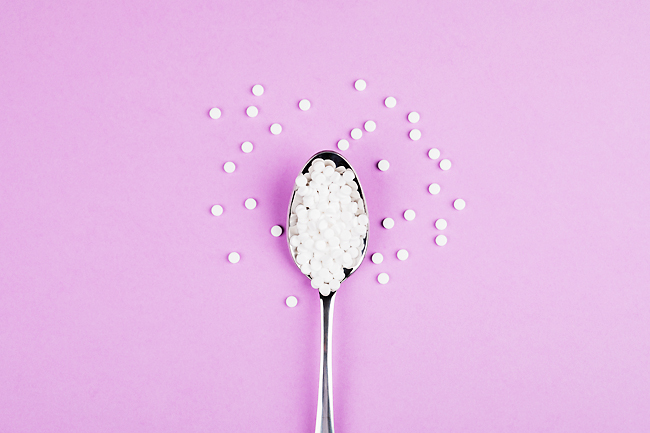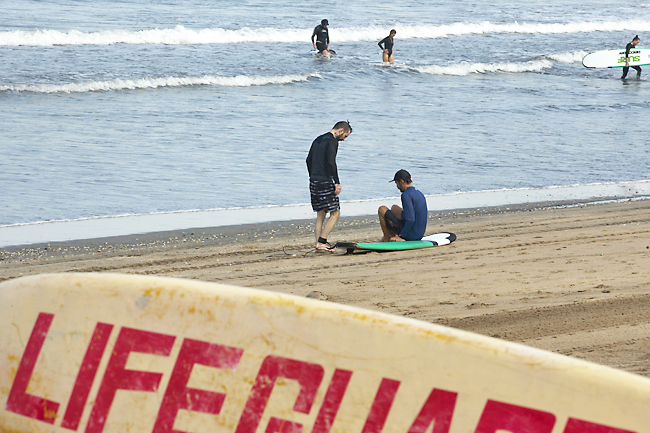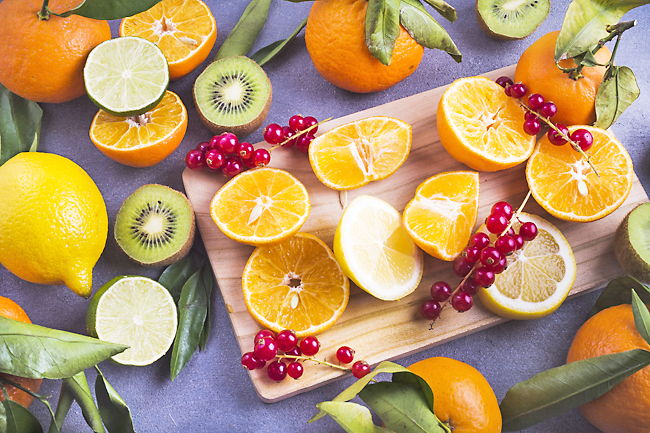AFP – Consuming artificial sweetener could increase the risk of developing cancer, a study suggested, but experts not involved in the research said it was not enough proof to consider changing current health advice.
Sweeteners are consumed by millions every day in products like diet soda, partly as a way to avoid weight gain from sugar – but how healthy these substitutes are has long been a matter of controversy.
To assess the cancer risk of sweeteners, researchers analysed the data of over 100,000 people in France who self-reported their diet, lifestyle and medical history in intervals between 2009-2021 as part of the NutriNet-Sante study.
They then compared consumption to the rate of cancer, while adjusting for other variables such as smoking, poor diet, age and physical activity.
The participants who consumed the largest amount of sweeteners, “beyond the median amount, had an increased cancer risk of 13 per cent compared to non-consumers”, research director at France’s INSERM institute and the study’s supervisor Mathilde Touvier told AFP.
The study, published in the journal PLOS Medicine, said a higher cancer risk was particularly seen with sweeteners aspartame and acesulfame potassium – both used in many soft drinks.
Out of the 103,000 participants, 79 per cent were women and 37 per cent.

Soft drinks accounted for over half of the artificial sweeteners consumed, while table-top sweeteners represented 29 per cent.
Touvier said “we cannot totally exclude biases linked to the lifestyle of consumers”, calling for further research to confirm the study’s results.
The United States (US) National Cancer Institute and Cancer Research United Kingdom (UK) both said sweeteners do not cause cancer, and they have been authorised for use by the European Food Safety Authority.
“The relationship between artificial sweetener consumption and cancer risk is a controversial one, going back to the 1970s when (sweetener) cyclamate was banned for being linked to bladder cancer in rats – although this was never shown to be the case in humans,” a biomedical scientist at Britain’s Aston University James Brown said.
Brown, who was not involved in the study, told AFP it was “reasonably well-designed” and had an “impressive” sample size.
But he added he did not “believe the current study provides strong enough evidence” for Britain’s National Health Service to “change its advice just yet”.
Michael Jones of The Institute of Cancer Research, London said that the link reported in the study “does not imply causation” and was “not proof that artificial sweeteners cause cancer”.
He said the findings could suggest that “cancer risk may be raised in the type of person who uses artificial sweetener rather than the sweetener itself”.
Brown said not all sweeteners were equal, with some such as stevia showing health benefits.
Artificial sweeteners are “still likely a useful tool that can help reduce weight gain when replacing sugar – if the right sweetener is used”, he said.



